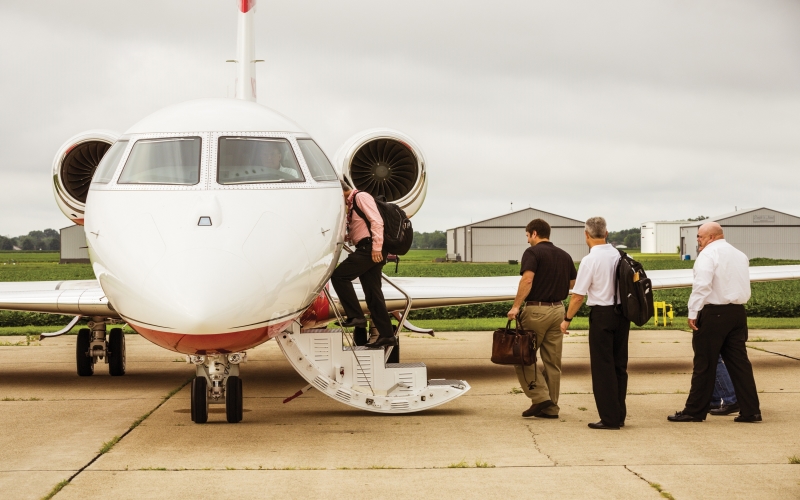Investing in an aircraft, whether for personal or business use, is a significant financial commitment. Protecting this investment is crucial, and one effective way to do so is through specialized coverage policies. This article delves into how aviation insurance safeguards your assets and provides peace of mind in the air travel industry.
Risk Management in Air Travel
One of the primary roles of a specialized coverage policy in air travel is risk management. Aircrafts, being complex machines, are susceptible to various risks, including accidents, mechanical failures, and environmental hazards. A comprehensive policy covers the cost of repairs, replacements, and even legal liabilities in the event of an accident. This aspect of protection is essential, considering the high costs associated with aircraft repair and maintenance. Additionally, these policies often include provisions for downtime, compensating the owner for lost revenue during repair periods. They also often cover ancillary risks like damage to hangars or other property caused by the aircraft, broadening the scope of protection.
Dealing with Liability and Legal Issues
Aircraft ownership comes with potential legal liabilities. In the unfortunate event of an incident, owners can find themselves facing hefty legal claims. Coverage policies in this field offer protection against such claims, covering legal costs and potential compensation. This aspect is particularly crucial for commercial operators, who face higher risks due to the frequency of their operations and the number of passengers involved. Beyond accidents, these policies also often address issues like noise complaints and environmental damage claims, which can be financially draining. Furthermore, for businesses, this coverage ensures that operations can continue smoothly without the fear of legal interruptions derailing their activities.
Financial Security in Unforeseen Circumstances
The aviation sector is not immune to unforeseen circumstances such as natural disasters or geopolitical events. These situations can lead to significant financial losses. A good policy provides financial security, ensuring the owner is not left bearing the full brunt of such unpredictable events. This financial cushion is vital for aviation ventures’ sustainability and long-term success. It also helps in stabilizing cash flow during periods of crisis, allowing aircraft owners to plan and manage their finances more effectively. In addition, this protection can be pivotal in securing loans and financing, as lenders often require evidence of comprehensive insurance coverage.
Asset Value Preservation
An aircraft is a depreciating asset, and maintaining its value is essential for resale or leasing purposes. Coverage plays a vital role in preserving the asset’s value by ensuring it is well-maintained and repaired using quality parts and services. This care helps maintain the aircraft’s value over time, which is crucial for owners looking to sell or lease their aircraft. This insurance also helps in case of total loss, where the owner is compensated for the market value of the aircraft, which can be a significant amount. Moreover, regular insurance assessments can remind owners to keep their aircraft in top condition, thus indirectly contributing to its value preservation.
Peace of Mind for Owners and Operators
Lastly, possessing a robust policy provides peace of mind. Knowing that one’s significant investment is protected against a wide range of potential issues allows owners and operators to focus on their core activities, be it running a business or enjoying private air travel. This mental comfort is invaluable, especially in an industry known for its complexities and challenges. For many, this assurance translates into better operational efficiency and the ability to explore new business opportunities without undue worry.
In conclusion, a specialized aviation insurance policy is essential for protecting your aircraft investment. It offers comprehensive protection against a variety of risks, ensuring that your financial interests are safeguarded. As an aircraft owner or operator, appreciating the value of this protection is key to making informed decisions about your aviation endeavors.





